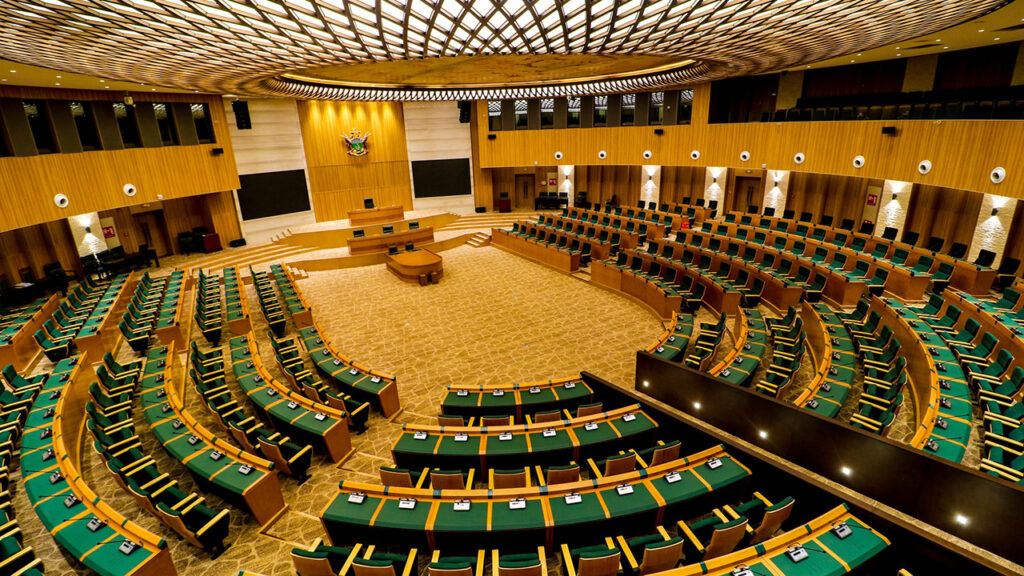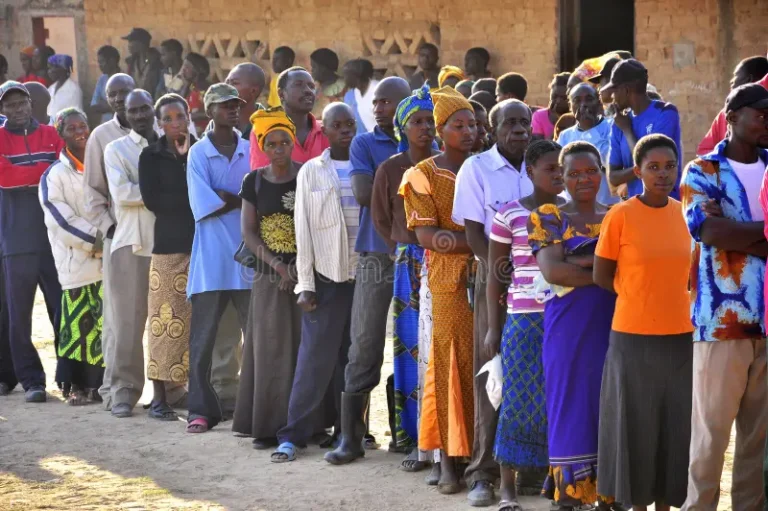Zimbabwe abolishes death penalty in historic move

The Zimbabwean Senate has passed a landmark law to abolish the death penalty, marking a significant step towards the elimination of a punishment that has not been enforced in the country for nearly two decades.
The bill, which was confirmed by Parliament on Thursday, December 12, 2024, will see the death penalty formally abolished once signed into law by President Emmerson Mnangagwa.
This historic move comes after years of debate surrounding the fate of capital punishment in Zimbabwe, which has not seen an execution since 2005.
The country has utilized hanging as its method of execution, but a shortage of individuals willing to assume the role of executioner has played a part in the suspension of the practice.
President Mnangagwa, who has led Zimbabwe since 2017, has long expressed his opposition to the death penalty.
Sharing his personal experience during the country’s war of independence, Mnangagwa recalled being sentenced to death, a verdict that was later commuted to a ten-year prison sentence.
His opposition to the death penalty has been instrumental in the passage of this new law, reflecting his commitment to human rights reforms in Zimbabwe.
There are currently more than 60 prisoners on death row in the country, awaiting execution.
With the passage of this law, their fate will no longer include the possibility of the death penalty, a significant shift in Zimbabwe’s legal and justice system.
This decision to abolish capital punishment is seen as a progressive move by many human rights organizations and is expected to enhance Zimbabwe’s global image, particularly in the areas of human rights and justice.
About The Author
dailymailafric
I am an avid African news observer, and an active member of Daily Mail Africa.
I’m Passionate about staying informed on diverse topics across the continent,
I actively contribute to publishing on political, economic and cultural developments in Africa.



